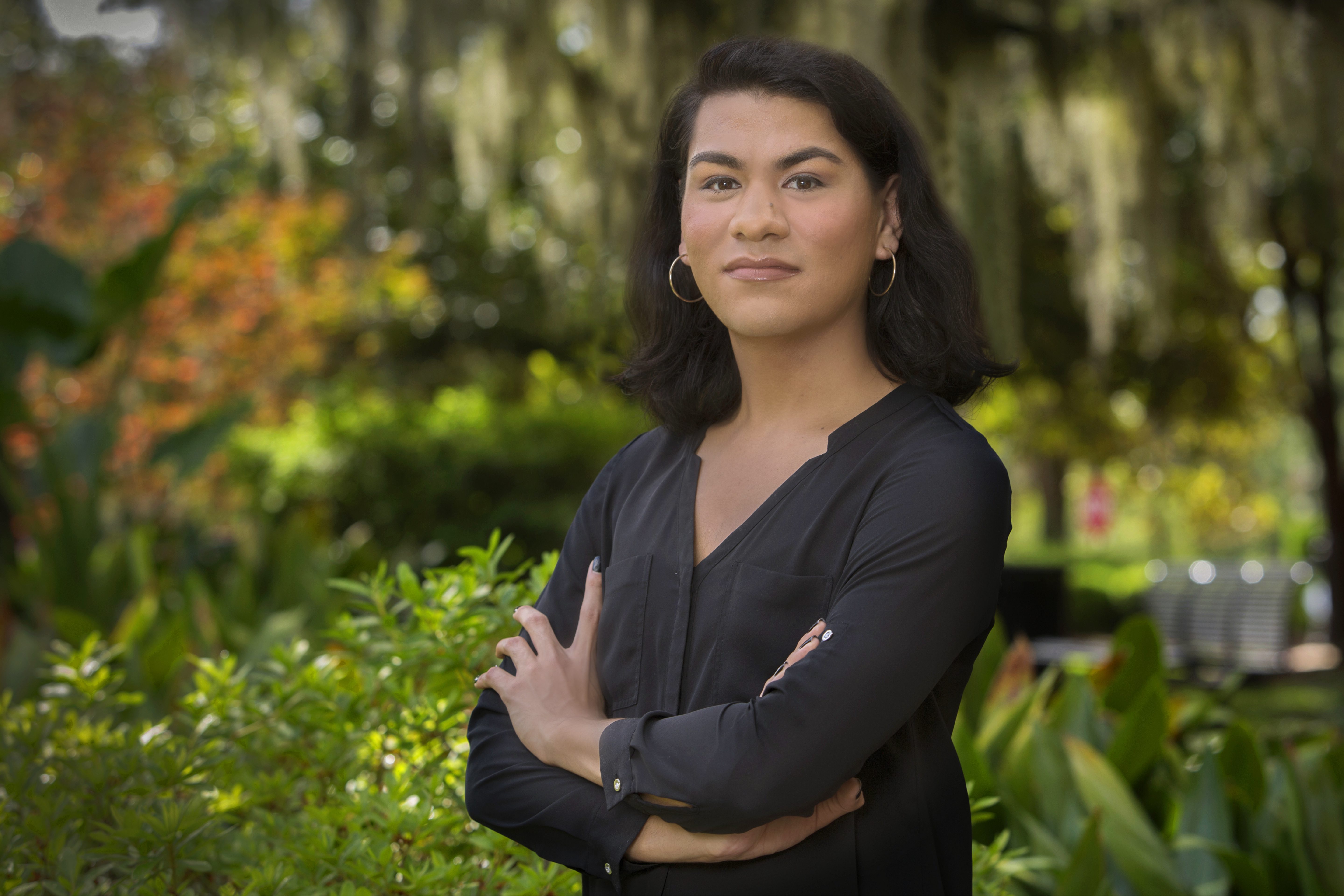Details
Article
Roberto Flores on #MeToo in the United States
In her Golden Globes acceptance speech, Oprah optimistically commented on the #MeToo movement and proclaimed, “a new day is on the horizon!” I want to believe her.
The recent conversations around the #MeToo movement have proved to be empowering, necessary, and long overdue. While the realities of sexual assault and harassment were not news to many of us, the visibility created by publicly sharing our stories has forced everyone to confront our present conditions.
The #MeToo movement has both raised our social consciousness and brought some amount of justice as men like Harvey Weinstein and Kevin Spacey finally face consequences for their actions. It offers the possibility of a different culture, one that is safer and free of sexual violence.
The #MeToo movement is no different, but simply repeating the names we have learned from social justice settings is not enough.
Yet, the movement is not perfect. It has followed the legacy of other genderbased social movements, focusing on a privileged subset of individuals while ignoring the stories of others. The abuse of men and women in the entertainment industry is completely unacceptable but so is the sexual trauma experienced by immigrants, people in prisons, farms workers, LGBTQ people, and many others.
We must question why these groups are marginalized and ignored in larger conversations, and we must work toward tangible changes.
For many of us in progressive circles, the long list of forgotten communities is increasingly obvious by now. Especially when dealing with so-called women’s issues, we know to look beyond the pain and struggles of affluent white women and acknowledge people of color, working-class people, LGBTQ people, immigrants. The #MeToo movement is no different, but simply repeating the names we have learned from social justice settings is not enough. We must question why these groups are marginalized and ignored in larger conversations, and we must work toward tangible changes. Harder still, this work requires us to question our blind complicity in the violence so many face.
Moving forward, the #MeToo movement needs to include the experiences of sexual assault in low-paying jobs where abuse is prevalent and speaking out means losing vital income. It must acknowledge the pain of black and brown woman, of immigrant woman who embark on their journey knowing they will face sexual abuse, of LGBTQ individuals. More, we must realize how layers of marginalized identities affect real people, for instance when trans-immigrant women are placed in male detention centers, where they face the highest rates of sexual violence.
Harder still, this work requires us to question our blind complicity in the violence so many face.
Beyond mere acknowledgement, the #MeToo movement must question and seek to change the structures and institutions that create these experiences: massincarceration, anti-immigration laws, low bargaining power of workers, antiLGBTQ policies, gendered spaces. These are not simple or quick tasks, but they are necessary if we wish to create a safer, more just society. In short, I believe the #MeToo movement can move further than bringing down powerful, abusive men and reimagine a world where the power imbalance inherent in sexual violence does not exist.
Similar to the macro-structural changes necessary to alleviate our toxic culture, our concepts of micro-level sexual interactions require reexamining. Recently, Aziz Ansari was accused by a woman with the pseudonym ‘Grace’ of continuing sexual advances when she verbally and non-verbally expressed discomfort. The controversy demonstrated the difficulty of pushing the #MeToo movement into murkier cultural debates where the villain is not as obvious and treacherous to everyone.
Too many people share similarly painful experiences where sex was not pleasurable but forceful.
Regardless of how one feels about Grace and Ansari, the conversation should continue and expose aspects of our romantic and sexual culture that are both damaging and common. Too many people share similarly painful experiences where sex was not pleasurable but forceful. Cultural changes are not easy, yet #MeToo can provide a starting point for us to reimagine our sexual and romantic interactions to create healthy, consensual, and pleasurable experiences for all involved.
In her Golden Globes acceptance speech, Oprah optimistically commented on the #MeToo movement and proclaimed, “a new day is on the horizon!” I want to believe her. But as dawn approaches, the light of this new day may only reach a fortunate few. If we truly intend to end sexual harassment and violence, we have to acknowledge the full range of experiences present and dismantle the conditions that lead to that violence. More, we must allow the #MeToo movement to challenge our culture in large and small ways and slowly create a world where all of us can be free.

